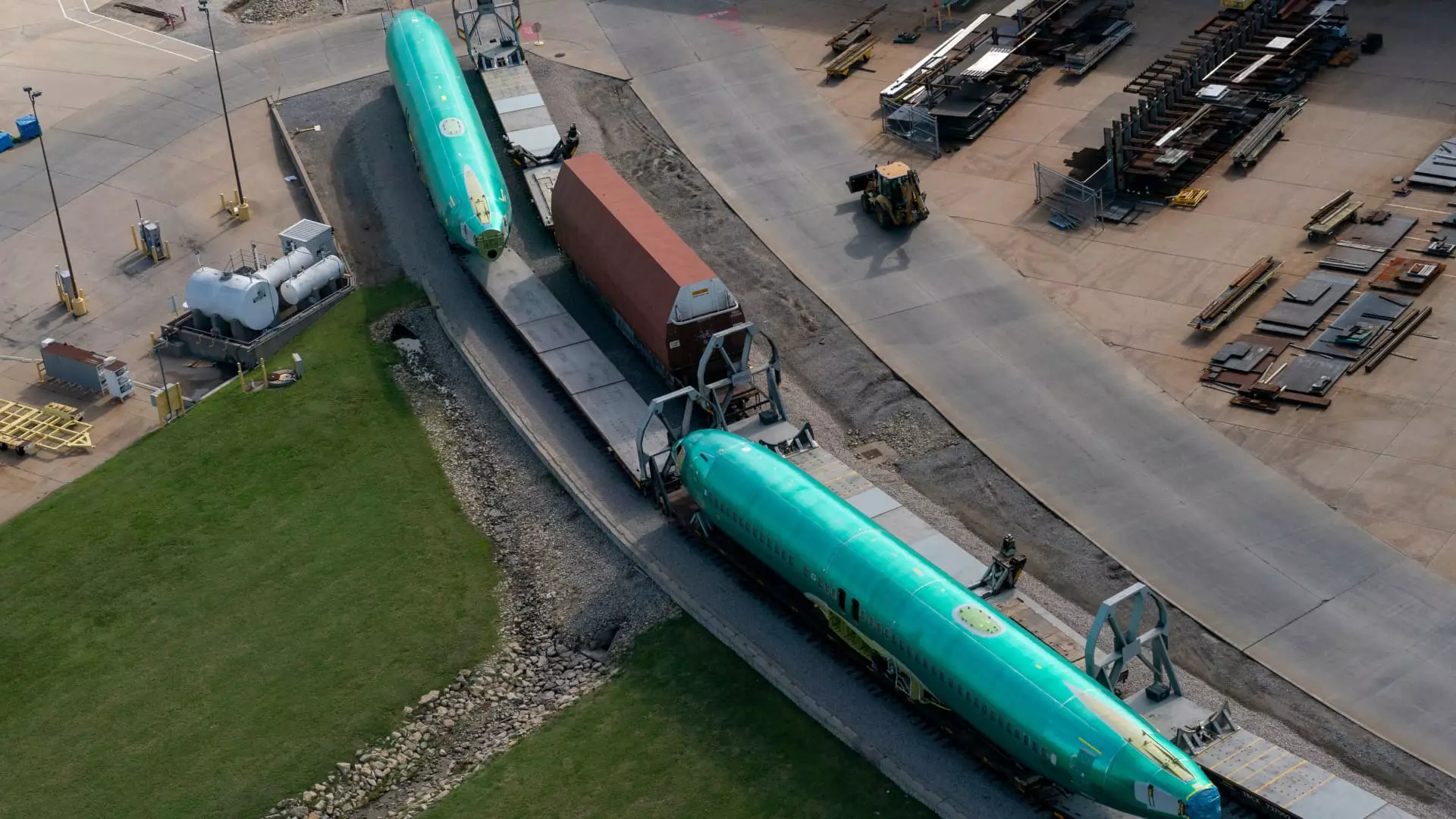The ongoing strike by Boeing’s machinists is sending shockwaves through the aerospace supply chain, with Spirit AeroSystems at the forefront of this turbulence. As the strike, which has now extended into its sixth week, continues beyond the looming deadline of November 25, Spirit AeroSystems is contemplating additional furloughs and layoffs. This is concerning not only for the employees but also for the industry as a whole, highlighting an increasingly fragile supply network that has yet to fully recover from the tumultuous effects of the COVID-19 pandemic.
The strike, initiated by over 32,000 machinists in the Puget Sound area and beyond, emphasizes a significant labor dispute within an already pressured sector. Workers rejected a new labor contract by a striking 64% vote, extending a work stoppage that has severely disrupted Boeing’s aircraft production. For Spirit AeroSystems, known for manufacturing crucial components like fuselages for the Boeing 737 Max, the repercussions are palpable. Preparations for the furlough of approximately 700 workers in Wichita, Kansas, are evidence of the crisis, indicating a potential cascading effect if the strike drags on further.
The decision to consider additional furloughs serves as an acknowledgment of the long-term ramifications a prolonged strike can impose—not just on Spirit, but on the broader aerospace manufacturing landscape. The need to maintain workforce stability has kept many suppliers, including Spirit, hesitant to make drastic employment cuts, despite the financial strain visible in their latest quarterly reports.
The financial health of Spirit AeroSystems raises alarms, especially after reporting a staggering net loss of $477 million in the third quarter—more than double the losses recorded in the previous year. This alarming figure underlines the pressing need for a resolution to the labor dispute that continues to plague Boeing and its suppliers. Spirit’s anticipation of furloughs means that the company’s operational sustainability is at stake, and the looming threat of layoffs further complicates matters.
Boeing has recognized the urgency of addressing the ongoing labor issues. With CEO Kelly Ortberg emphasizing the importance of resolving the conflict with machinists, the stakes are high. The negotiation table appears pivotal for both the workers and the company, suggesting that the resolution could determine not just the future of Seattle-based facilities but the entire aerospace industry’s recovery trajectory.
The ripple effects of labor unrest are not confined to a single company; they extend throughout the industry’s ecosystem. Airbus, another major player, is also wrestling with supply chain pressures, emphasizing a sector-wide concern about stability and growth amidst uncertainty. As Spirit and Boeing navigate this challenging landscape, the broader implication for the aerospace industry is clear: a fragile supply chain can quickly unravel, creating a domino effect that is difficult to reverse.
The situation surrounding the Boeing machinists’ strike is indicative of deeper issues within the aerospace sector. Spirit AeroSystems, as a key player in this dynamic, must adapt and respond to the evolving landscape, with vigilant attention to the impacts on its workforce and financial health. The negotiations ahead present an opportunity for resolution, but the full implications of this strike will be felt long after the last vote has been cast.

